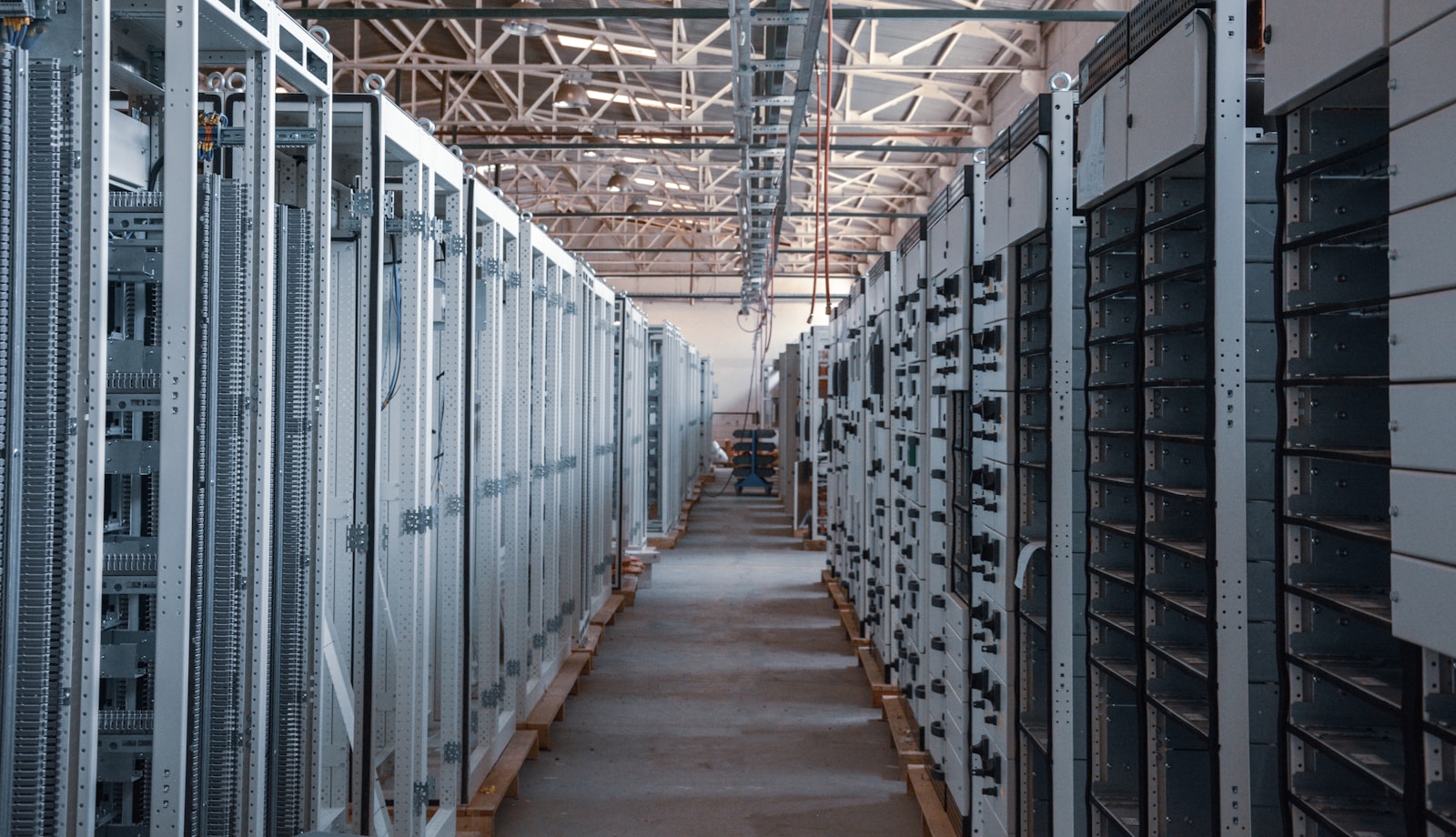By EcoBusinessNews.com Staff Writer
As the world faces intensifying climate change and resource depletion, sustainability has shifted from a buzzword to a bottom-line imperative. In 2025, sustainability is not just good ethics—it’s good economics. Businesses that invest in green innovation, clean technologies, and ESG (Environmental, Social, and Governance) principles are outperforming their peers, attracting top-tier talent, and gaining investor confidence.
This shift marks the rise of the Green Economy, where environmental responsibility and profitability go hand-in-hand. Here’s how leading companies and trends are shaping this future.
1. The Rise of ESG as a Business Standard
Environmental, Social, and Governance (ESG) criteria have moved from niche interest to mainstream priority. According to Bloomberg Intelligence, ESG assets are projected to reach $50 trillion by 2025, representing one-third of all global assets under management.
Companies with high ESG scores are seeing:
- Increased investor trust
- Lower capital costs
- Better risk mitigation
- Improved brand reputation
For example, Patagonia, a leader in sustainable business, has long embraced environmental activism and transparency, earning loyalty from both consumers and employees. Their commitment has inspired many to follow suit.
2. Circular Economy: Waste Is the New Resource
The circular economy is transforming how businesses approach product design and resource use. Instead of the traditional “take-make-waste” model, companies now emphasize reuse, recycling, and regeneration.
Tech leaders like Apple are investing in closed-loop manufacturing. Its 2023 Environmental Progress Report showed over 40% of the aluminum in its devices comes from recycled sources.
Startups like Loop and TerraCycle are pioneering reusable packaging systems in retail and consumer goods, cutting plastic waste dramatically.
3. Green Technology is Disrupting Traditional Industries
Technology is at the heart of the green revolution. From renewable energy to smart agriculture, cleantech startups are scaling faster than ever before.
Some top trends in 2025 include:
- Carbon capture and storage (CCS): Companies like Climeworks and Carbon Engineering are developing scalable solutions to remove CO₂ directly from the atmosphere.
- Hydrogen energy: Once niche, green hydrogen is now a central piece of the energy puzzle. Read more from the Hydrogen Council about the latest advancements.
- Smart grids and battery storage: As renewable penetration increases, energy storage solutions from firms like Tesla Energy and Enphase Energy are critical for grid reliability.
4. Climate Risk Disclosure Becomes Mandatory
In line with the Task Force on Climate-related Financial Disclosures (TCFD) and new SEC regulations in the U.S., publicly traded companies are now required to disclose their climate risks and carbon emissions.
This regulatory shift means companies must take climate planning seriously. Firms like Microsoft, which has pledged to be carbon negative by 2030, are leading the way in transparency.
5. Green Financing and Sustainability Bonds
Banks and investment firms are restructuring how capital is allocated. Green bonds and sustainability-linked loans have exploded in popularity.
In 2024 alone, the global green bond market surpassed $1.5 trillion. Institutions such as the World Bank and Goldman Sachs are leading issuances tied to environmental performance.
Companies like Unilever have tied executive bonuses to sustainability targets, a bold move that aligns profit with purpose.
6. AI and Big Data Powering Sustainability
Artificial Intelligence (AI) is not just transforming customer service or logistics—it’s reshaping sustainability strategies.
AI-driven climate modeling, predictive maintenance for energy efficiency, and real-time carbon tracking are some ways tech is empowering sustainable decisions.
Organizations like Planet Labs and Google Earth Engine use satellite imagery and machine learning to monitor deforestation, urban sprawl, and crop health.
7. Sustainable Supply Chains
Global supply chains are under the microscope. Companies are now being held accountable for emissions, labor practices, and material sourcing across their entire value chains.
Major brands like Nike and IKEA are committing to net-zero emissions across all tiers by 2040. Blockchain is emerging as a tool to verify ethical sourcing and reduce fraud.
Check out the work of Everledger, which uses blockchain to trace the origins of diamonds, cobalt, and other critical resources.
8. Corporate Sustainability: A Talent Magnet
Sustainability isn’t just about saving the planet—it’s a competitive advantage in the war for talent. Millennials and Gen Z workers increasingly choose employers based on purpose, not just pay.
According to a LinkedIn Workplace Report, job postings requiring green skills grew by 40% from 2022 to 2024, while demand for sustainability officers is at an all-time high.
9. Biodiversity and Nature-Based Solutions
Investors and regulators now recognize that climate and nature are intertwined. 2025 is seeing major financial backing for nature-based solutions like:
- Reforestation
- Wetland restoration
- Regenerative agriculture
The Taskforce on Nature-related Financial Disclosures (TNFD) is now urging companies to account for their impact on ecosystems, not just carbon.
Explore more at the TNFD official site.
10. The Future Is Regenerative, Not Just Sustainable
While sustainability means “doing less harm,” many leaders are aiming for regeneration—leaving the world better than they found it.
Pioneers in regenerative agriculture, like Kiss the Ground, and biomimicry designers like Interface, are proving that businesses can restore ecosystems while thriving financially.
Final Thoughts: Green Is the New Gold
Sustainability is no longer optional—it’s a core business strategy. As regulations tighten, consumer awareness grows, and capital flows toward ESG-aligned businesses, the winners of the next economy will be those who embed sustainability into every layer of their operations.
Forward-thinking companies aren’t just “going green.” They’re building resilience, attracting top talent, and future-proofing their business models. In this green gold rush, those who move fastest and think longest will lead the world toward a regenerative future.
Want more insights? Subscribe to our newsletter at EcoBusinessNews.com and stay informed on the latest in green finance, ESG policy, and corporate sustainability.
















